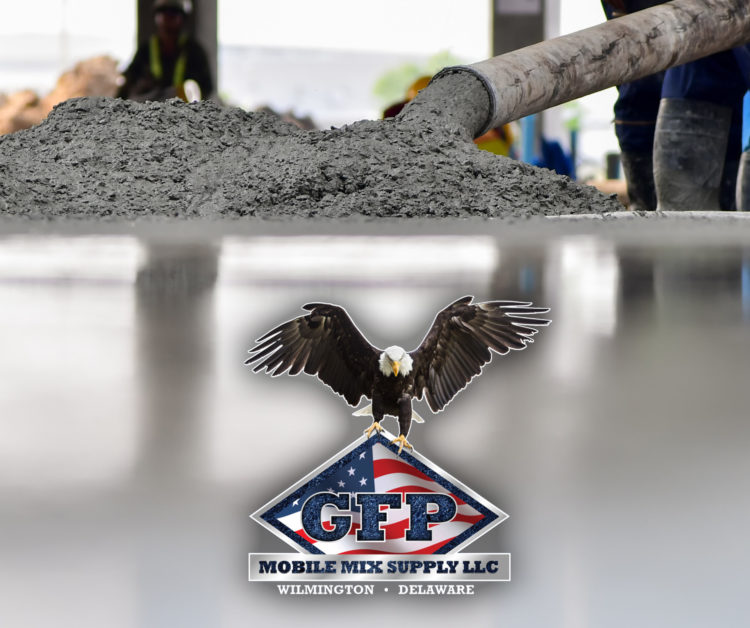You have finally decided to take the plunge into the construction industry. Everything seems to go the right way until you read somewhere about some weird stories about concrete work. Concrete is the most common material used in building different structures, thanks to its durability and strength. About 7 billion cubic meters of concrete are produced each year globally. However, some misconceptions are out there about concrete work, and almost all of them are not true. Here are a few of these myths.
No Difference Between Concrete and Cement
As you handle your construction company, you will notice that some clients use concrete and cement interchangeably. The truth is that cement is just one of the constituents of concrete. Other ingredients include water, paste, crushed gravel, additives, and sand.
Concrete Can Be Used Any Time of the Year
Weather conditions determine the best time to pour concrete. The durability of this construction material is on a high level, but it takes time for it to dry. Unless the weather conditions are right, concrete can take up to months to dry. Spring and fall are the best seasons to use concrete in your construction projects. This is because temperatures are too high during summer and too low during winter, which could negatively affect how the applied concrete hardens.
Concrete is Not Permeable
The majority believe that concrete is solid, such that water cannot penetrate through it. On the contrary, this construction material is porous at some level, and water, vapor, and other substances in liquid and gas forms can penetrate it. The solution to this is to use a low water-to-cement ratio in the mixture. You can also use sealers as an alternative to minimize the permeability of the applied concrete.
Concrete is Cold
This is a common misconception among people who live in hot areas, and that is why they prefer concrete finishes for their houses. Concrete houses are deemed cooler than those made of corrugated iron sheets. On the contrary, concrete and the cement in it absorb and retain heat, which is released throughout the day. This feature makes concrete an ideal option if you find a client who is considering underfloor heating.
Concrete constructions are durable and strong. Concrete has been in use for a while, and people are becoming more creative with it. However, some false stories about this construction material are being circulated. As an investor in the construction industry, you must conduct due diligence to know the truth about concrete works.



